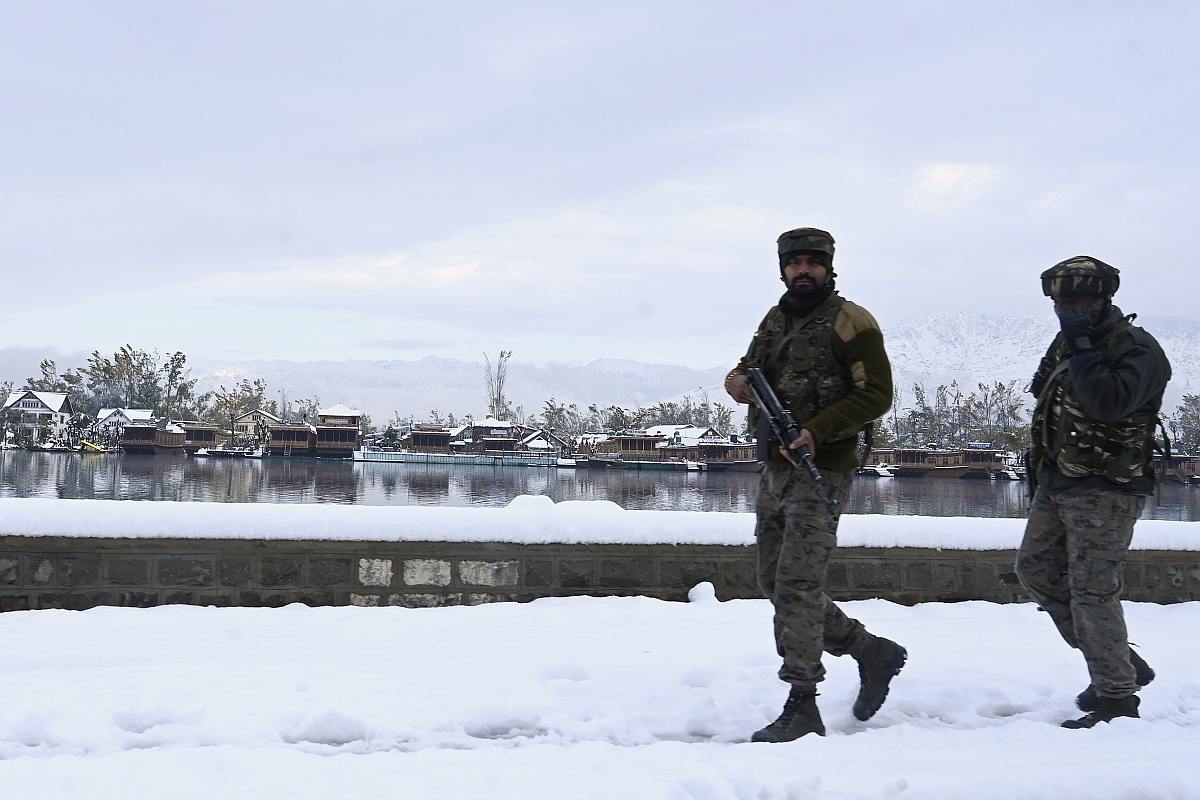As the state of Kashmir completed four months of unprecedented communication and movement lockdown imposed by the BJP government, a bipartisan resolution has been introduced in the US House of Representatives asking India to end the restrictions mass detentions in the state, while also acknowledging the challenges India faces from cross-border terrorism.
Resolution number 745 was introduced on Friday by Indian-American Democrat lawmaker Pramila Jayapal, along with Republican lawmaker Steve Watkins.
Advertisement
It has been more than four months since local political leaders, including three former chief ministers, were detained in Jammu and Kashmir, following the abrogation of Article 370.
The resolution in the US, which will be put to vote in the house, says: “…Urges the Government of India to lift the remaining restrictions on communication and to restore internet access across all of Jammu and Kashmir as swiftly as possible; swiftly release arbitrarily detained people in Jammu and Kashmir; refrain from conditioning the release of detained people on their willingness to sign bonds prohibiting any political activities and speeches; allow international human rights observers and journalists to access Jammu and Kashmir and operate freely throughout India, without threats, and condemn, at the highest levels, all religiously motivated violence, including that violence which targets against religious minorities.”
The US House of Representatives said it “recognises the dire security challenges faced by the Government and India in Jammu and Kashmir and the continuing threat of state-supported cross-border terrorism”, which India has been battling for decades.
The US lawmakers said they reject arbitrary detention, use of excessive force against civilians, and suppression of peaceful expression of dissent as proportional responses to security challenges.
“…Urges the Government of India to ensure that any actions taken in pursuit of legitimate security priorities respect the human rights of all people and adhere to international human rights law,” the resolution said.
The US House is Representatives is dominated by Democrats who have been extremely critical of India’s restrictions in Jammu and Kashmir. India has been lobbying hard to counter this, and has hired a lobbying firm close to the Democratic Party to get its message across.
There have been two US Congress hearings on Jammu and Kashmir so far.
In October, India said it is regrettable that a few US lawmakers used a Congressional hearing to question measures to protect the lives of people in Jammu and Kashmir. “It is regrettable that a few members of the US Congress used the Congressional hearing on human rights in South Asia to question the measures taken recently to safeguard life, peace and security in Kashmir,” Foreign Ministry spokesperson Raveesh Kumar had said.
Congresswoman Jayapal and Congressman James P McGovern had also written to Secretary of State Mike Pompeo in September saying the international media and independent human rights observers must immediately be allowed into Jammu and Kashmir.
“We urge you to work across the Administration to press the Indian Government to immediately end its communications blackout of Kashmir, expedite the process of reviewing and releasing individuals ‘preventatively’ detained, ensure hospitals have access to life-saving medicines and protect the rights of the Kashmiri people to freedom of assembly and worship,” the letter states.
The two lawmakers told Secretary Pompeo that they have significant concerns about the “crisis” in Kashmir. “In particular, we are concerned about credible reports from journalists and advocates on the ground that the Indian government has detained thousands of people with no recourse,” they said.











